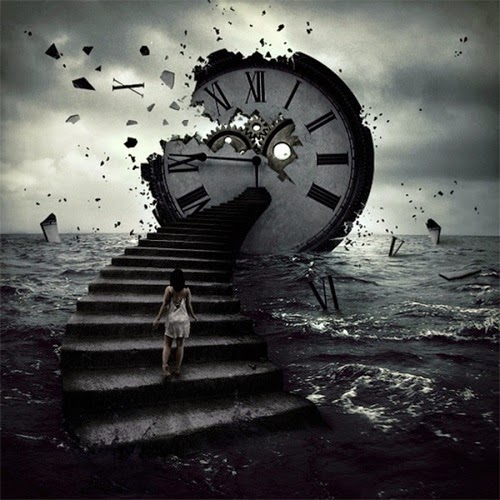
The Soviet Union was dissolved on 26 December 1991
The red flag over the Kremlin was replaced with the pre-1917 Tsarist one.
It was the end of the Soviet challenge which shaped most of the 20th century.
A year later, Francis Fukuyama’s book The End of History said liberal capitalism was the only political idea left. And the US was declared the sole global superpower.
Of course, nothing is that simple.
In Russia, Communist bureaucrats became corporate bosses.
The vacuum left by the end of the Soviet Union was filled by China in the east and the EU in the west.
Political movements shaped by identity and religion challenged the new status quo.
And what exactly is capitalism? Can it flourish without true freedom?
For China, the world’s most dynamic economy for 25 years, the answer was yes.
The new order was fragile.
In the former Yugoslavia, a war that started earlier in 1991 lasted a decade. US intervention in Somalia failed. Massacres in Rwanda exposed the powerlessness of the international community to stop genocide. US-led Arab-Israel peace talks collapsed with the start of the second Palestinian intifada. And hopes of lasting global amity under American stewardship finally evaporated when almost 3,000 people died in attacks on New York, Washington and Pennsylvania in September 2001.
The US led the invasion and occupation of Afghanistan and Iraq. Despite overwhelming military superiority, its goals weren’t achieved. Barack Obama was elected to withdraw from both countries.
Obama extolled America’s global superiority, but his response to Arab uprisings in 2010-11 proved conviction was lacking. The global financial crisis had already exposed the weakness of the economic order constructed with America on top after 1991.
Meanwhile, Russia was recovering. In 1996, it crushed the Chechen rising and benefited from higher oil prices after 2003. Georgia was invaded in 2008. Moscow unilaterally recognised Abkhazia and South Ossetia as independent republics. Again defying the US, it supported rebellions in eastern Ukraine in 2014. Crimea was annexed.
Sanctions that followed compounded the problems caused by the oil price slump that began in the summer of 2014. But hopes this would deter further forays beyond Russia’s borders were misplaced. In September last year, Moscow joined the Syrian government’s war against rebels backed by Washington. Most of Aleppo, Syria’s second city, had been recaptured by the end of December 2016.
Russia, Iran and Turkey met on 20 December and agreed to work towards an end to the war. The next Syrian ceasefire will be brokered by Moscow not Washington.
This would count for little if Hillary Clinton, torchbearer for America’s global mission, had beaten Donald Trump in November. The president-elect instead wants America to stop managing the world as it’s attempted for a quarter of a century.
For the first time since the red flag came down in 1991, a deal with Russia as an equal is on the agenda. And a multipolar world which never really died has found new life.